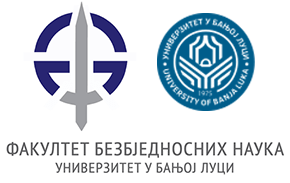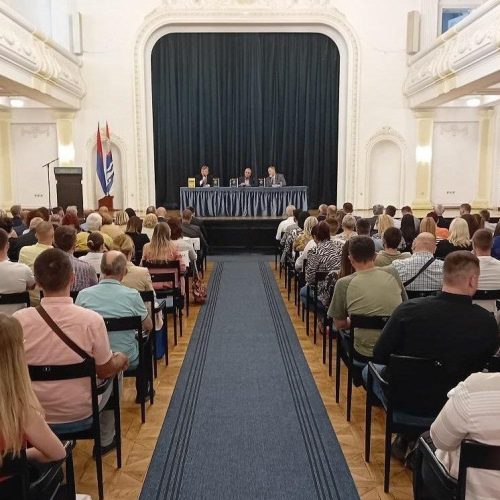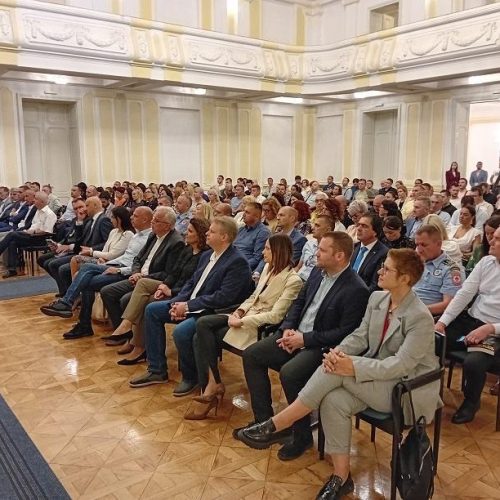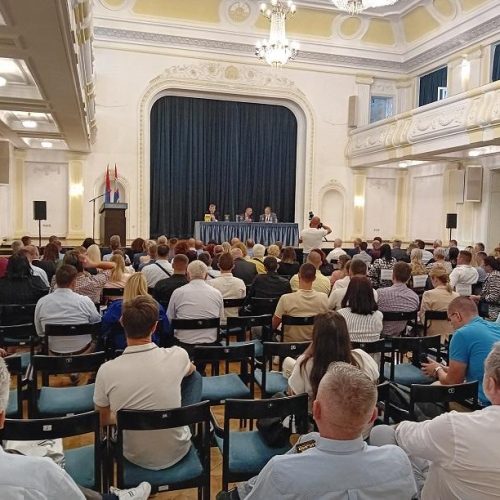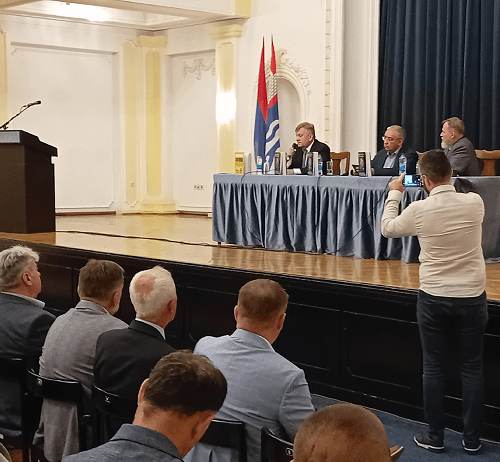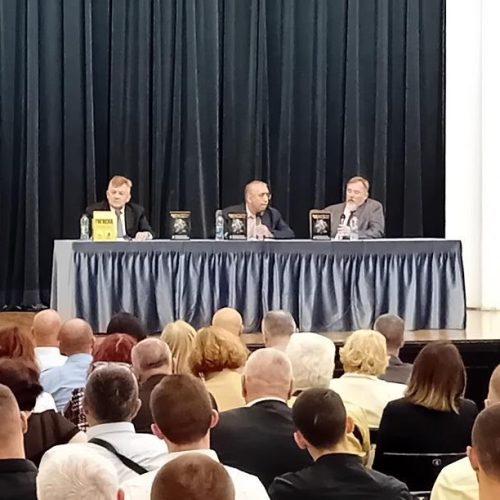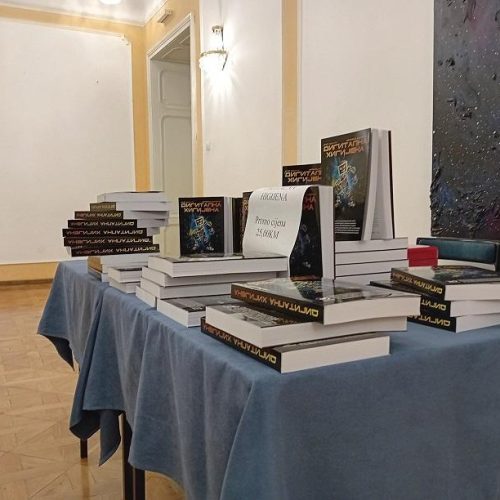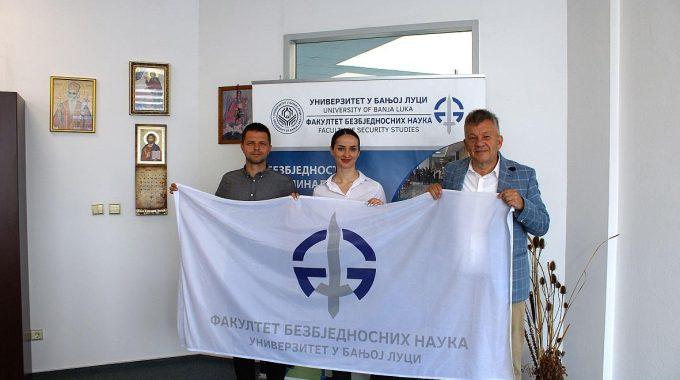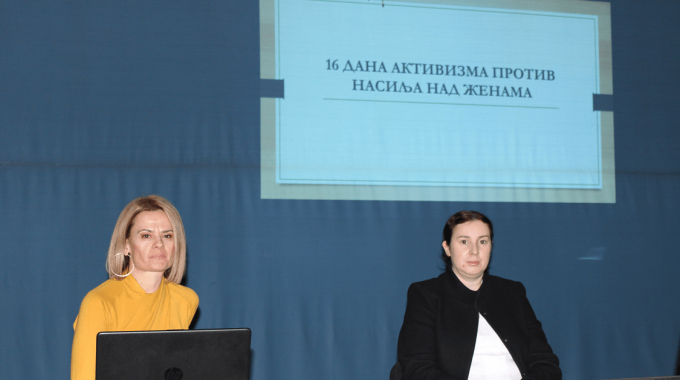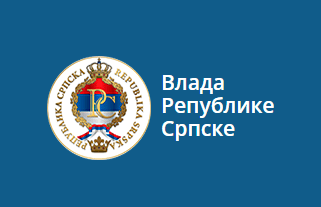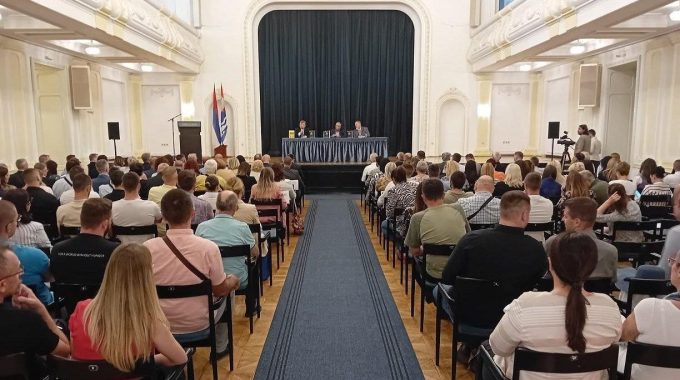
The promotion of the book “Digital Hygiene”
The promotion of the book “Digital Hygiene” was held today in the large hall of Banski dvor in Banja Luka.
The event was organized in cooperation with the Cabinet of the President of Srpska and the Faculty of Security Science, with the help of the Embassy of the Russian Federation in Bosnia and Herzegovina.
Author Igor Ašmanov, translator Slobodan Stojičević and dean of the Faculty of Security Science Dr Predrag Ćeranić.
The book attracted the attention of the public in the Russian Federation and Republika Srpska, and according to the author, it is intended for teachers, parents and older teenagers.
The biggest problem of galloping digitization is monitoring this process and its destructive impact on the human psyche. The smartphone (“digital senses” as stated by the author) in the long term leads to the creation of “close consciousness”, the illusion of knowledge, the inability to concentrate, the removal of young people from family and society, etc.
“There is an illusion that children master digital technologies. Basically, they mastered it only by quickly using technology,” says the author.
According to Ashmanov, the Russian Federation is in an information war against the West. The main features of this conflict are the spread of fake news, information attacks, changes in the structure of the information field, etc. “Russia entered this war as a colony of the West, and that is why we are rapidly switching to using domestic hardware and software.” China is our ally for now,” Ashmanov said.
Igor Ashmanov is a Russian expert who has been dealing with artificial intelligence and internet technologies since 1989. He is the author of the Russian concept of “human digitalization”, the founder of a company that monitors the Internet in Russian (rusnet – 300 million users) and one of the creators of the Digital Code of the Russian Federation (a set of laws that regulate the protection of human rights in the digital world).
At the end of the promotion, representatives of primary and secondary schools from Srpska were given a book.
